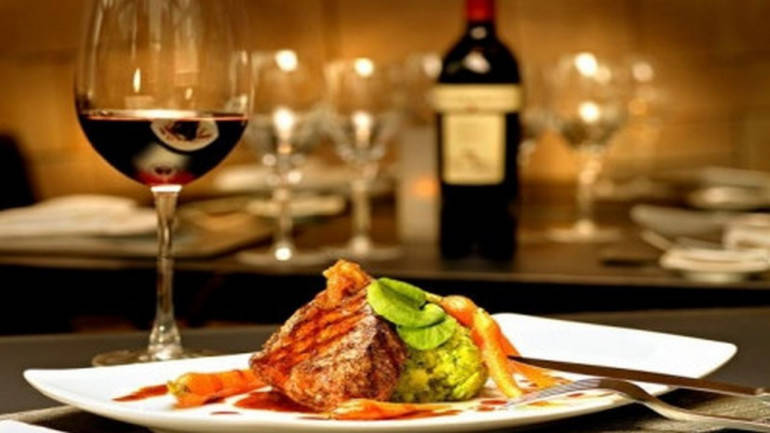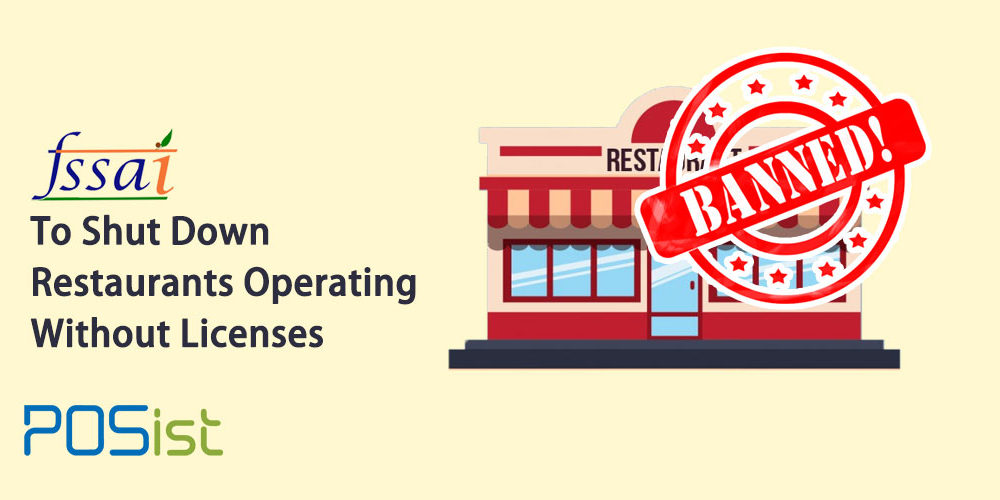The food safety regulator has now turned its attention to restaurants, eating joints and hotels to enforce safety standards.

Food and Safety Standards Authority of India, the country’s top food regulator, has put forth a proposal that businesses which deal with food should be rated on factors such as hygiene and safety to make sure they are trusted by consumers.
Pawan Agarwal, the regulator’s chief executive, in a statement to the Hindustan Times, said that the apex body is now particularly keen on rating food businesses through several “hygiene variety factors”. The regulator is looking to assign star ratings to restaurants and eating places out of six, taking into account factors like hygiene awareness, safety processes, etc.
A sub-group was formed following a meet last week in New Delhi among the FSSAI, National Restaurant Association of India and the Federation of Hotel and Restaurant Associations of India (FHRAI) to amend rules that govern safety standards at eating establishments.
Display of food licenses will be made a necessary factor in rating food businesses with consumer trust seemingly being the biggest driving factor behind the move. The businesses that will be rated will include manufacturers of food items, sellers of food items and other business operators in the sector.
Last year, reports went viral about a couple in Mangalore who found worms in their meal at a KFC outlet. A similar instance was recorded a few months ago at a Domino’s Pizza outlet in New Delhi when a customer who had ordered a pizza found an oregano seasoning sachet infested with insects, which led to a subsequent drop in shares of Jubilant Food Works Ltd, the company operating the Domino’s brand in India.
The food regulator recently started the concept of ‘food safety supervisors’ in all food businesses to ensure quality items reach consumers. The supervisor should be trained under the Food Safety Training and Certification Programme (FoSTaC) designed by FSSAI and would be responsible for ensuring that the quality of food is maintained.
These happen to include shops, stalls, hotel, restaurants airline services and food canteens, places or vehicles where any article of food is sold or manufactured or stored for sale.The FSSAI license is already compulsory for ensuring food safety and quality of food products.



